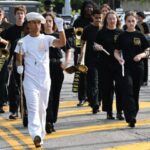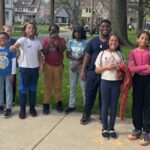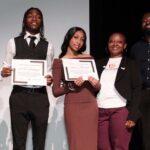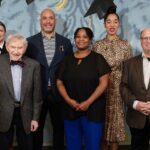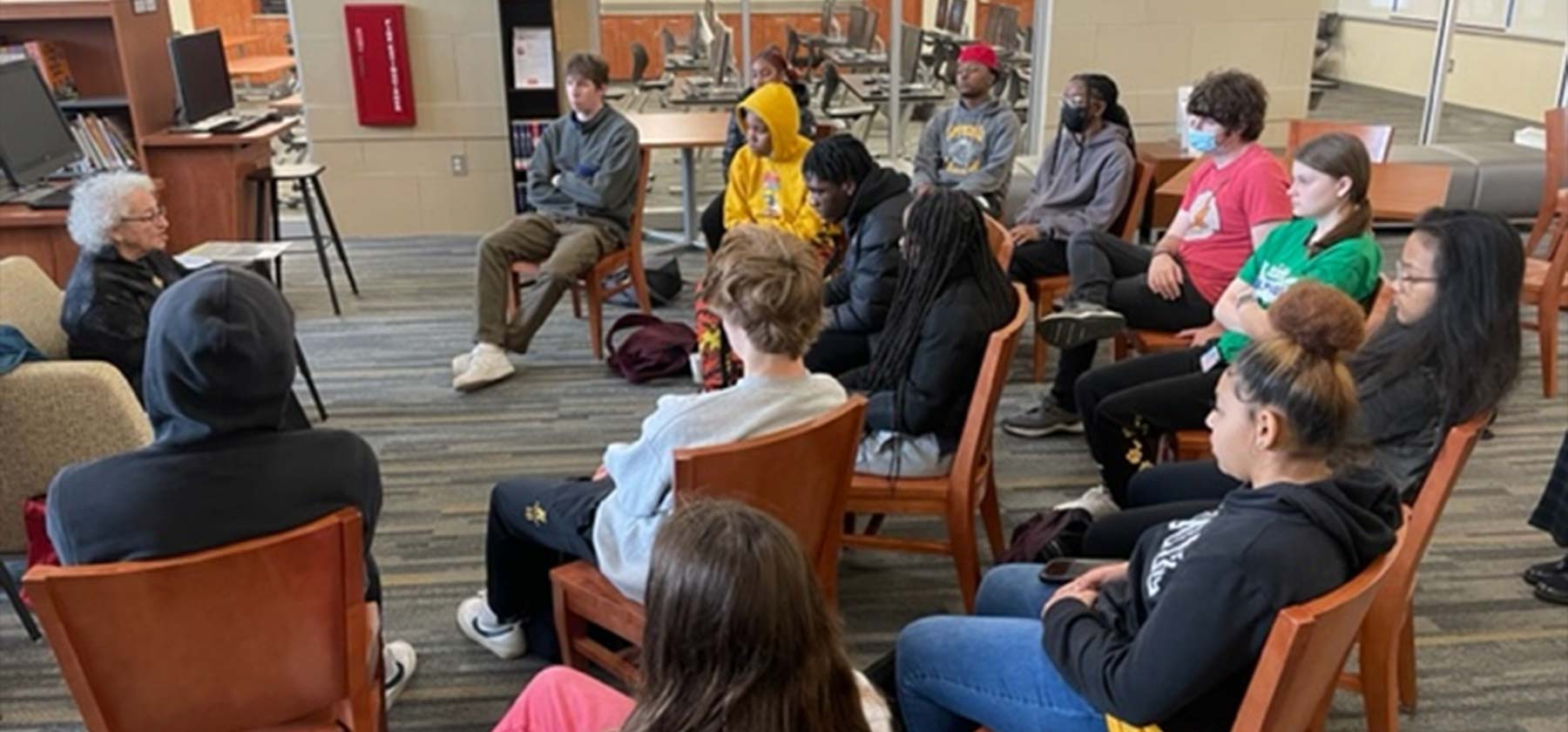
By Mark Sack ’76 & Social Studies Teacher at Heights High
It is an established policy in the CHUH School District that lessons from history, what I refer to as “the good, the bad and the ugly” from our past are an essential part of a truly quality education.
The Lessons of the Holocaust course at Heights has been a contributing component to this quality education as it strives to prepare students to become responsible and compassionate citizens. To be more exact, the initial form of this class was the 1970s elective offering, Literature of the Holocaust, taught by the internationally acclaimed educator, the late Dr. Leatrice Rabinsky. Throughout the years, face to face meetings and trips with Holocaust Survivors have been an impacting component of the meaningful educational activities of this class.
In light of recent developments relating to Russia’s invasion of Ukraine, beginning in February and the ongoing evidence of atrocities eerily similar to horrific events from the Holocaust period, the messages from Survivors are more important than ever.
Heights High graduates Erika Gold (class of 1952) and Roman Frayman (married to a Heights High graduate) both ‘Child Survivors’ of the Holocaust, respectively engaged with Heights High students and shared details of their personal life journeys. Roman was born in Poland in the late 1930s and as a very young child he was saved by the ingenuity of his parents and the courageous heroism of a Polish Catholic woman who risked her life by sheltering Roman as a member of her family. Erika was born in the early 1930s in Hungary and as a result of the bravery and quick-thinking of her mother and the kindness and heroism of a Christian former employee, both Erika and her mom were safely hidden from the Nazis and their Hungarian collaborators until the end of WWII..
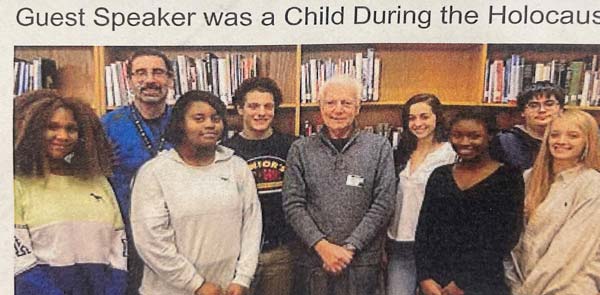 While sharing their respective stories with HH students, both Erika and Roman emphasized the need for each and every one of us to not only remember the Holocaust, but just as important, we all have a duty to see the humanity in every person and to speak out and take action against mistreatment of others.
While sharing their respective stories with HH students, both Erika and Roman emphasized the need for each and every one of us to not only remember the Holocaust, but just as important, we all have a duty to see the humanity in every person and to speak out and take action against mistreatment of others.
Erika and Roman both warned that indifference and silence by others are the supporting allies of hate and of the perpetrators of evil. They both emphasized that teenagers have the power and the responsibility to positively change the world. They cited several concrete examples, including the following: students can act to prevent bullying in school and on social media; and students need to take the necessary steps to participate in the voting process so extremists don’t get into power.
I have explained to my students (and their parents) that the reality is there are diminishing opportunities to meet and hear directly from Holocaust Survivors as each day we lose these eyewitnesses to history. By their focus and interest during these sessions my students demonstrated that they understand that it is a true privilege to hear eyewitness testimony from Survivors. My students further recognize that they themselves have both the knowledge and responsibility to combat Holocaust denial and Holocaust distortion.
In closing, as our District’s Vision states: “We strive to develop academically prepared critical thinkers who contribute positively and compete successfully in the world.” Hearing directly from Holocaust Survivors helps us instill this aspiration in our students and hopefully motivates them to work to create a world of more acceptance and more compassion.

